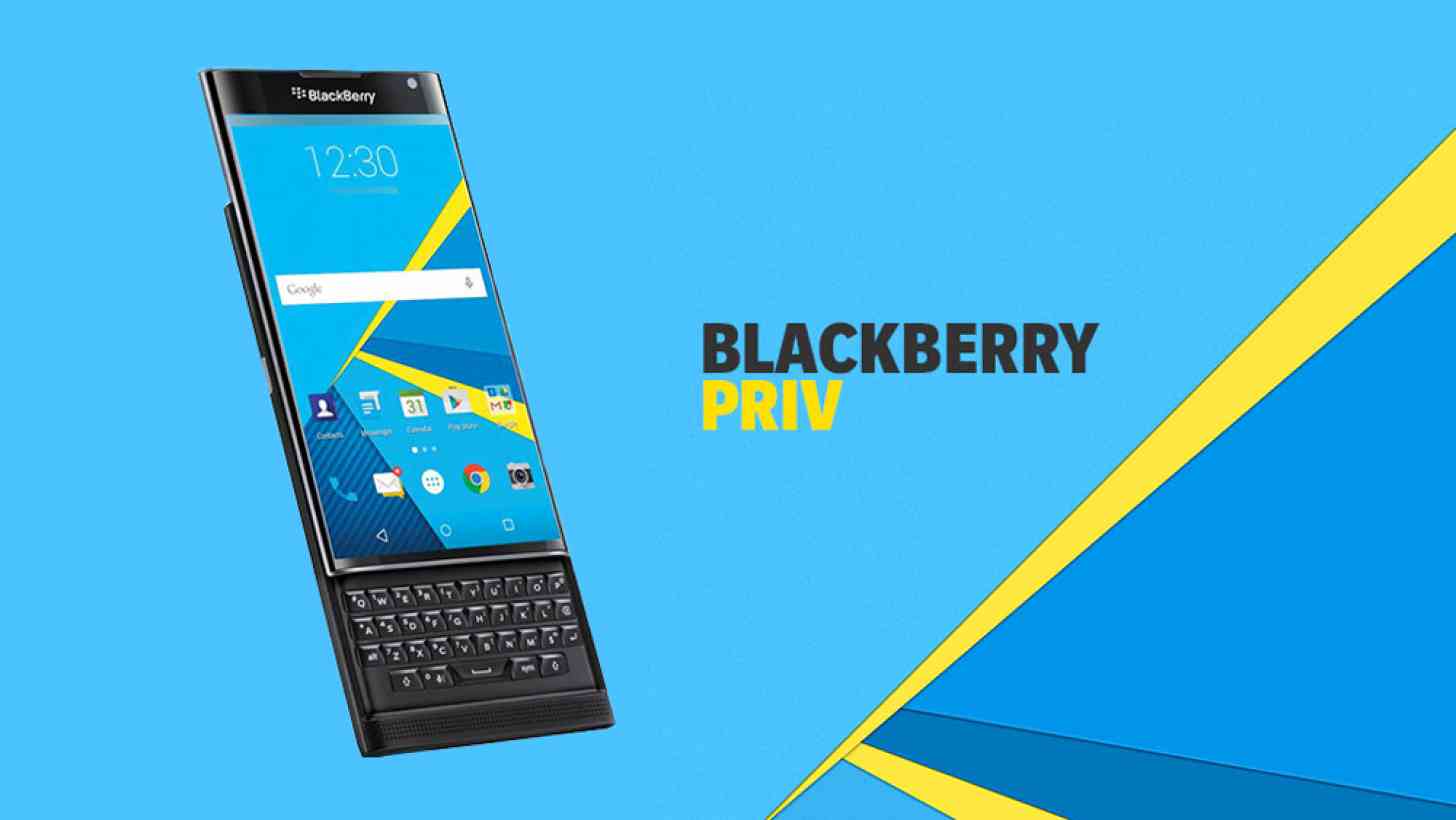
BlackBerry, a company that was once king of the mobile universe, has been trying to figure out what to do in order to reconcile its steady decline over the past 8 years. BlackBerry has admirably kept its signature features that made it so popular in the first place alive for nearly a decade now, which has played out well for loyalists who are unwilling to negotiate BlackBerry’s renowned security and physical keyboard.
However, for BlackBerry itself, things have not gone so well. BlackBerry, even post the revamped BlackBerry 10, has fallen to an abysmal position when it comes to market share; even the unique BlackBerry Passport and nostalgic return of the trackpad in the BlackBerry Classic didn’t do much for the company last year.
The Passport actually managed to spark more optimism than I’d seen for BlackBerry in a long time, but it’s nothing compared to what the BlackBerry PRIV has managed to do. For the first time ever, BlackBerry and Android have (finally) combined forces to make an Android-powered BlackBerry device, and it has everything you could really ever want out of this much anticipated device.
While this combination is most likely BlackBerry needing Android more than the other way around, Android heavily benefits from this partnership as well.
Android is no stranger to being the victim of various security exploits, with Stagefright being one of the most recent – and arguably one of the spookiest (the bug would infect your phone with a simple text message that you wouldn’t even have to open). These exploits may not have necessarily been actively used for nefarious purposes, but the bugs still exist and should be taken seriously regardless.
With so many different OEMs using their own versions of Android, patching these security issues can take time. It's not a bad solution to bring in a company that’s well-known for its sophisticated security measures, like our good friends at BlackBerry.
BlackBerry has always put a lot of value in security. Just last year, when Sony was undergoing a good hacking of its own, information surfaced that Sony decided to break out old BlackBerrys to help ward off further important information leaks to potential hackers. While it isn’t clear that using BlackBerry’s Enterprise Server in the first place would have avoided the hack, it certainly didn’t make things worse. It also says something about the trust people have in BlackBerry, even from large companies like Sony.
Extra security from BlackBerry on the PRIV seems to mean that root access is a no-go, so for a lot of people this might initially be a turn-off as root access and extensive customization is a big appeal for many Android enthusiasts. Since security is arguably one of Android’s biggest flaws, though, I can definitely see the need and appeal for BlackBerry to be at the helm for at least one Android device in its lifetime.
My biggest concern about the PRIV is its rumored higher price point, but I think that a lot of business users who have switched from BlackBerry in favor of the more whimsical Android or iOS might find the value worth it if elaborate security measures is an important feature. I think if BlackBerry also manages to release an equally secure lower end Android device with a cheaper price tag, they could make some good headway back into the market – even if it isn’t with their own operating system anymore.